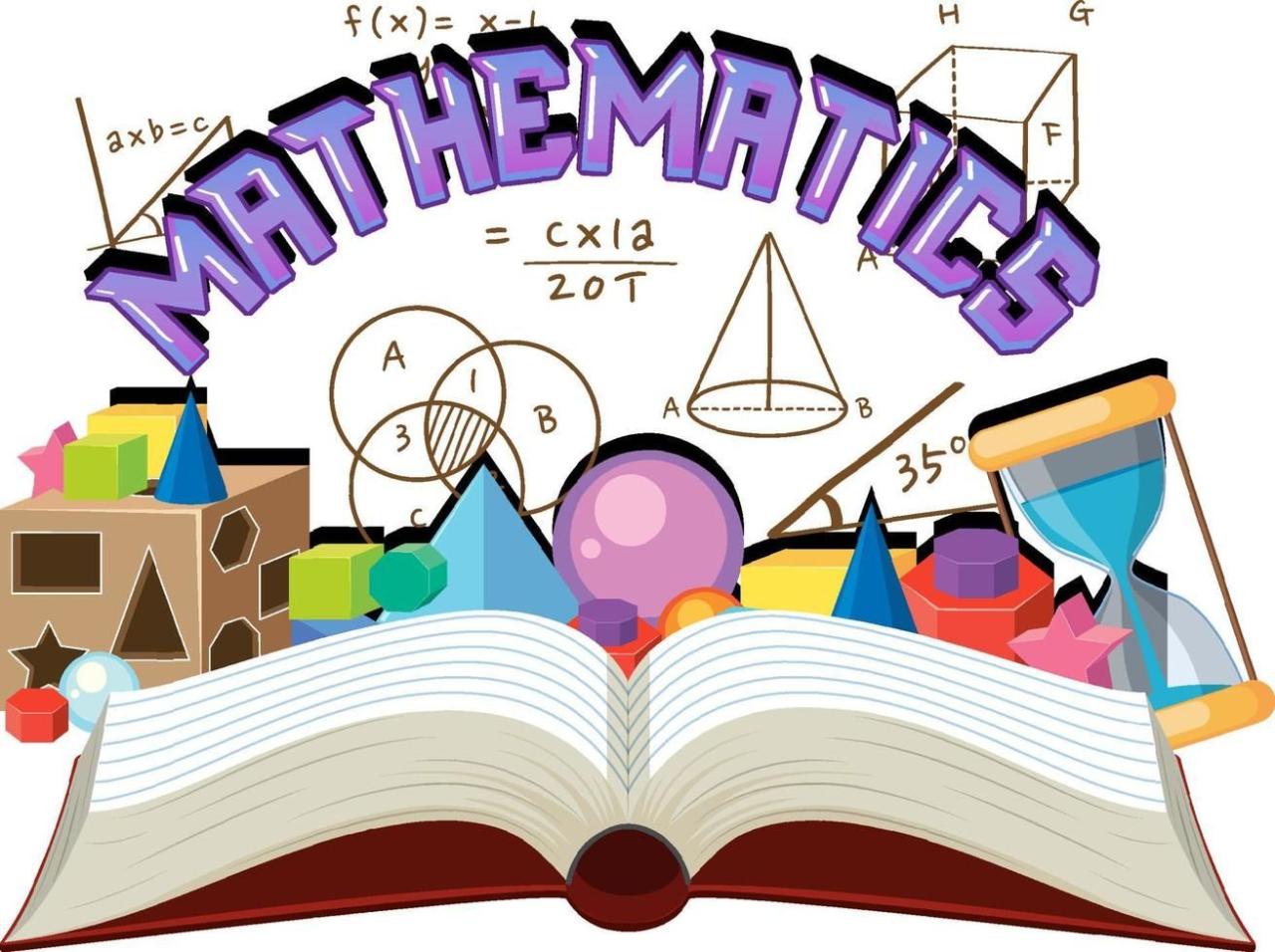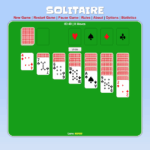Puzzle games are a fascinating realm that invites players to challenge their intellect while having fun. With a variety of genres such as logic puzzles, jigsaw puzzles, word puzzles, and math puzzles, there’s something for everyone. Each genre presents unique characteristics that appeal to different audiences, making puzzle games not only entertaining but also a great way to enhance cognitive skills.
In these games, players can experience an array of gameplay mechanics, from fitting pieces together in a jigsaw to solving complex riddles. Popular titles within each genre showcase how diverse and engaging puzzle games can be, attracting enthusiasts of all ages and backgrounds. The exploration of these genres helps illustrate why puzzle games have remained a staple in the gaming industry.
Popular Puzzle Game Genres

Puzzle games have captivated players for decades, offering a delightful blend of challenge, strategy, and fun. Various genres within this category appeal to different audiences, each with unique characteristics that define their gameplay experience. Understanding these genres not only enhances appreciation for puzzle games but also helps players find their preferred style of play.
The diversity in puzzle game genres stems from their ability to engage different cognitive skills such as logic, spatial reasoning, and verbal aptitude. Below is a look at some of the prominent genres, their defining characteristics, and examples of popular games that have made an impact in each category.
Logic Puzzles, Puzzle games
Logic puzzles challenge players to think critically and strategically, often requiring deductive reasoning to solve a problem or complete a task. These games usually feature clear rules and a structured environment, making them appealing to those who enjoy analytical thinking.
Some popular logic puzzle games include:
- Sudoku: A classic number placement game that requires players to fill a 9×9 grid with digits so that each column, row, and subgrid contains all the numbers from 1 to 9. Its appeal lies in its simplicity and the mental challenge it presents.
- Portal: A unique puzzle-platformer where players use portals to navigate through complex levels, solve challenges, and escape from a testing facility. Its innovative gameplay mechanics and logical challenges attract a wide range of gamers.
Jigsaw Puzzles
Jigsaw puzzles involve assembling pieces to create a complete picture, focusing on spatial reasoning and pattern recognition. These puzzles are often appreciated for their relaxing nature and can be enjoyed solo or as a group activity.
Notable examples include:
- Jigsaw Puzzle by Easybrain: This mobile app features thousands of images and allows players to customize the number of pieces, providing endless entertainment and a sense of accomplishment as they complete each puzzle.
- Ravensburger Jigsaw Puzzles: A renowned brand offering high-quality physical jigsaw puzzles with stunning imagery and varying difficulty levels, appealing to puzzle enthusiasts of all ages.
Word Puzzles
Word puzzles focus on language skills and vocabulary, providing an entertaining way to challenge one’s proficiency with words. These games can range from simple crosswords to more complex word searches and anagrams.
Examples of popular word puzzle games include:
- Scrabble: A classic board game where players create words on a grid using letter tiles of varying point values. Its ability to combine strategy, vocabulary, and competition makes it a favorite among word enthusiasts.
- Words With Friends: A social word game similar to Scrabble, allowing players to compete with friends asynchronously. Its accessibility and social aspect make it appealing to a broad audience.
Math Puzzles
Math puzzles challenge players to utilize mathematical concepts and problem-solving techniques. These games can improve numerical skills and logical thinking, appealing to those who enjoy quantitative challenges.
Prominent math puzzle games include:
- 2048: A sliding puzzle game that blends numbers through strategic moves, allowing players to combine tiles with like values to reach the elusive 2048 tile. Its straightforward mechanics and addictive nature attract diverse players.
- DragonBox: An educational game designed to teach algebraic concepts to children through engaging gameplay. Its success in making math fun and approachable has garnered a loyal following.
The Psychology Behind Puzzle Games

Puzzle games have long captivated players with their engaging mechanics and challenging scenarios. Beyond mere entertainment, these games offer significant cognitive benefits, enhancing players’ mental faculties in various ways. The interplay between challenge and reward in puzzle gaming not only sharpens the mind but also fosters a sense of achievement and satisfaction.
Cognitive Benefits of Playing Puzzle Games
Engaging in puzzle games can lead to a substantial improvement in problem-solving skills and memory enhancement. The complexity of puzzles requires players to think critically and creatively. When faced with a challenging puzzle, players often utilize strategies such as trial and error, pattern recognition, and logical reasoning. These skills can translate to real-world problem-solving scenarios, making players more adept at overcoming obstacles in their daily lives.
Additionally, studies have shown that regularly playing puzzle games can enhance memory retention. For instance, players frequently need to remember patterns, sequences, or rules within games, which exercises their memory and cognitive recall abilities. This mental workout is akin to training for the brain, leading to sharper memory and improved retention capabilities.
Stress Reduction and Relaxation
The immersive nature of puzzle games provides players with a unique escape from daily stressors, contributing to relaxation. When engaged in a puzzle, players often enter a state of flow, characterized by focused attention and deep engagement. This state can lead to a reduction in anxiety and stress levels.
Furthermore, the satisfaction derived from solving puzzles can trigger the release of dopamine, the neurotransmitter associated with pleasure and reward. As players progress and complete challenges, they experience a sense of achievement that can boost overall mood and improve mental well-being.
Impact of Difficulty Levels on Engagement
The difficulty level of puzzle games plays a crucial role in player engagement and satisfaction. Games that are too easy can lead to boredom, while those that are overly difficult may result in frustration and disengagement. A balanced difficulty curve is essential for maintaining player interest.
Developers often implement varying levels of difficulty to cater to a diverse audience. For example, many games start with simpler levels to introduce players to the mechanics, gradually increasing in complexity. This approach allows players to build confidence and skills, enhancing their enjoyment and investment in the game.
Examples of Difficulty Levels and Engagement
Different genres of puzzle games exemplify the importance of difficulty levels. For instance, in a match-three game, early levels might offer simple matches to familiarize players with the mechanics, while later levels introduce complex board configurations and limited moves, requiring strategic planning.
Similarly, in logic puzzles like Sudoku, the progression from easy to difficult grids helps players develop their abilities incrementally. As players enhance their skills, they are likely to engage more deeply with the game, resulting in lasting enjoyment and satisfaction.
“Engagement in puzzle games can lead to enhanced cognitive functions, reduced stress, and a profound sense of achievement.”
Design Elements of Engaging Puzzle Games

The design elements of puzzle games play a crucial role in creating an enjoyable player experience. A well-crafted game combines user-friendly interfaces, striking graphics, and immersive sound design to captivate players. These components not only enhance gameplay but also contribute to the overall satisfaction and engagement that keeps players returning for more.
User Interfaces, Graphics, and Sound Design
A polished user interface is essential for allowing players to easily navigate the game without feeling overwhelmed. Clear menus, intuitive controls, and responsive feedback all contribute to a seamless experience. Engaging graphics can elevate a puzzle game, offering visually appealing environments and characters that draw players in. For instance, games like “Monument Valley” excel in this area with their stunning art style and creative use of perspective. In terms of sound design, a captivating soundtrack and thoughtful sound effects can significantly enhance the atmosphere of the game. Games such as “The Witness” utilize ambient sounds to immerse players in their environments, adding depth to the puzzle-solving experience.
Essential Mechanics that Keep Players Motivated
Several mechanics are fundamental in keeping players engaged and motivated throughout their gameplay. These elements create a sense of progress and achievement, which is essential for player retention.
- Rewards: Providing players with rewards, such as in-game currency or unique items, encourages continued play and exploration. Games like “Candy Crush Saga” frequently offer rewards for completing levels, incentivizing players to push through challenging puzzles.
- Leveling Systems: A robust leveling system allows players to track their progress and experience growth. In “Zookeeper,” players advance through levels, unlocking new puzzles and challenges as they improve their skills.
- Timed Challenges: Introducing timed challenges can create a sense of urgency, making puzzles more exciting. In “Beat the Boss,” players are encouraged to complete tasks quickly, adding an adrenaline rush to the puzzle-solving process.
The Importance of Storyline and Theme
Integrating a compelling storyline and theme within puzzle games can significantly enhance the player’s emotional investment. A strong narrative can turn a simple puzzle game into an immersive journey, as seen in titles like “Professor Layton,” where each puzzle is intricately woven into the storyline, making every challenge feel relevant to the overarching plot. Similarly, “Portal” combines clever puzzles with a darkly humorous narrative, engaging players both intellectually and emotionally. The storyline not only motivates players to solve puzzles but also enriches the overall gaming experience, making it memorable.

